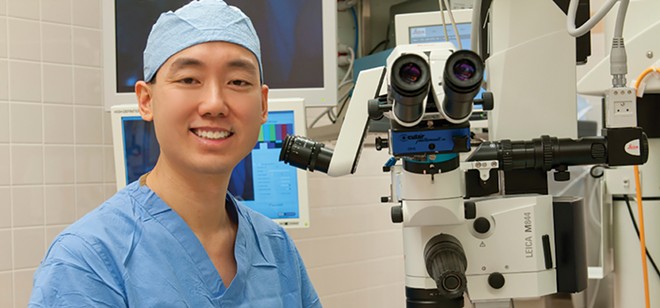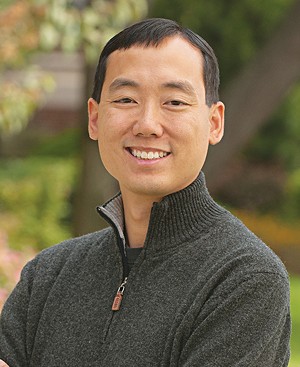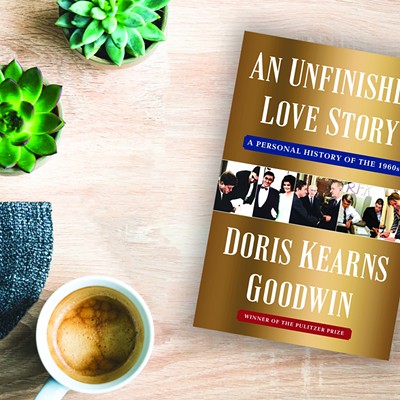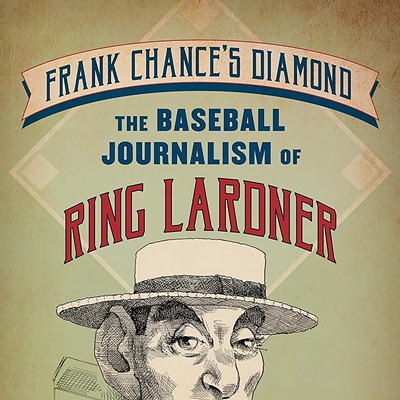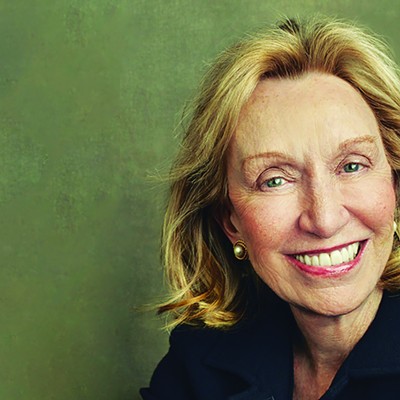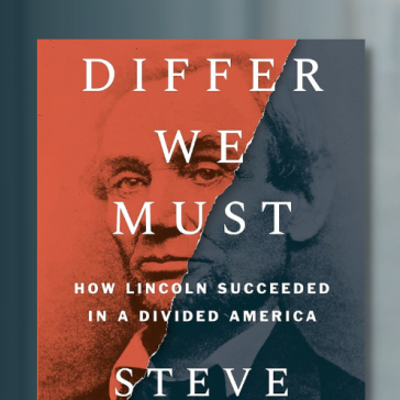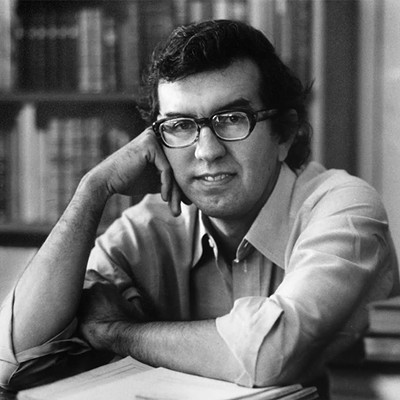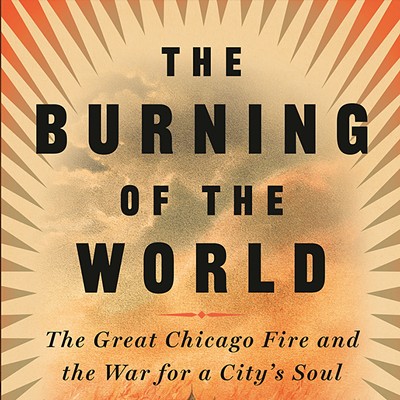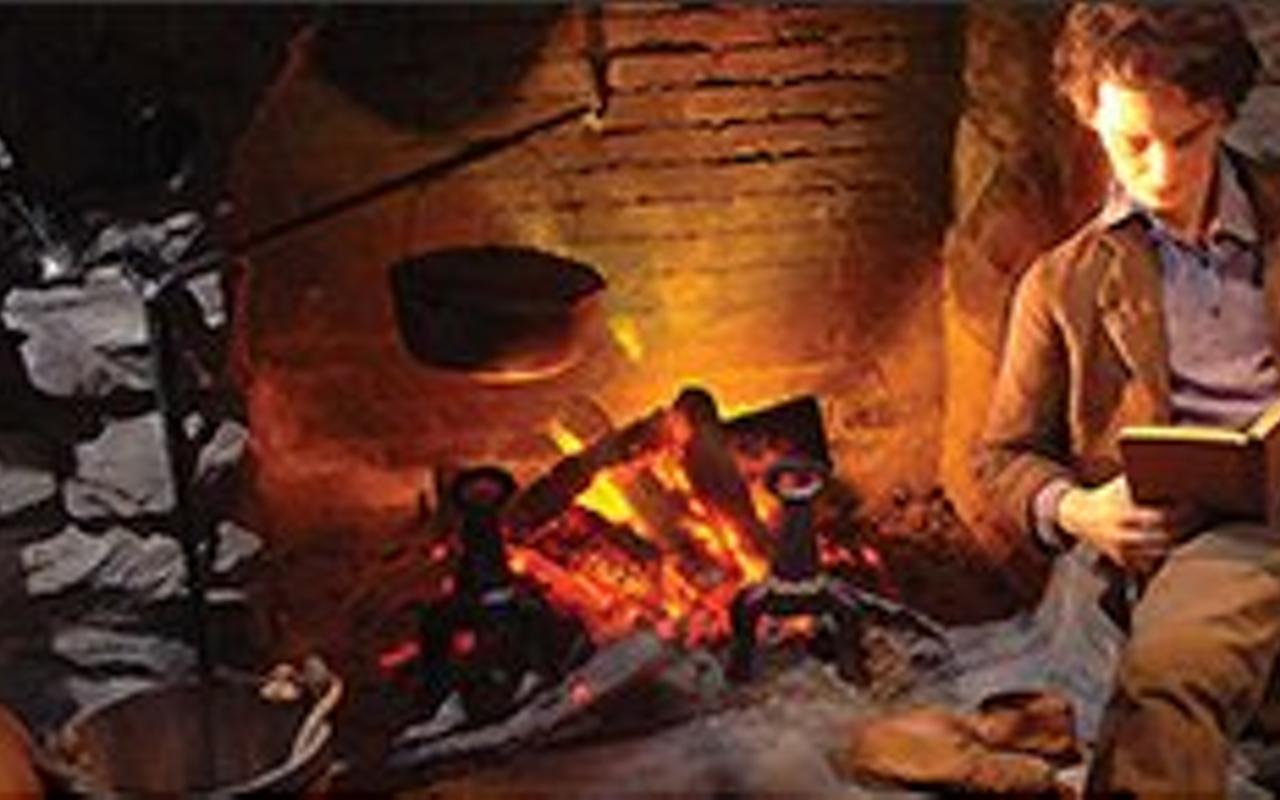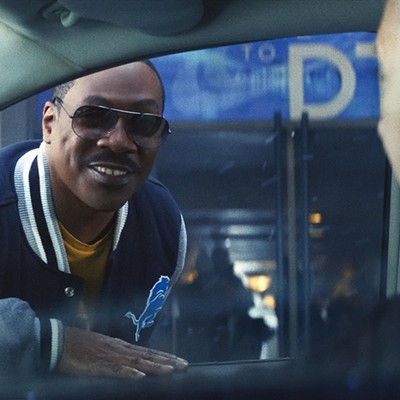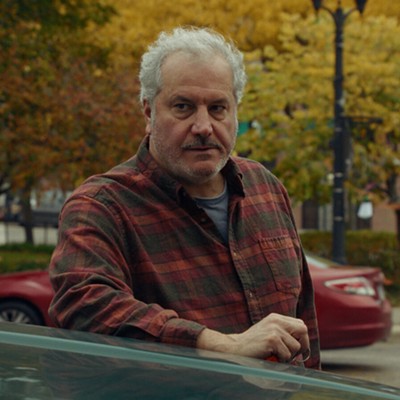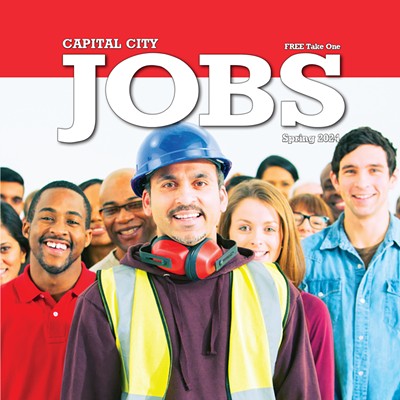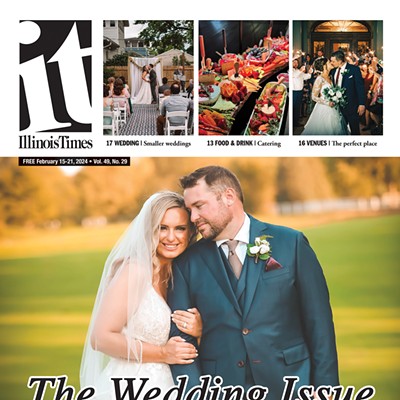The Masters of Medicine: Our Greatest Triumphs in the Race to Cure Humanity's Deadliest Diseases, by Andrew Lam, M.D. 368 pages, BenBella Books, 2023.
The COVID pandemic of 2019 was exacerbated by an increasing loss of trust in science and medicine. Many factors led to undermining the public view of confronting the disease, including political polarization, mixed messaging from political leaders and a great deal of misinformation and attacks upon scientific agencies and methodology. Even four years after the deadly virus swept across the world, we are uncertain how and whether we should treat the disease and what future actions need to be taken. Confidence levels in medicine, health care and science are declining. Andrew Lam's The Masters of Medicine is a timely and consequential work of science and history that might serve as an unintended consequence for many readers, restoring their faith in the ability of medicine to treat disease and increase life expectancy worldwide.
Andrew Lam is a retinal physician practicing in Massachusetts and a product of Springfield School District 186. He grew up in Springfield, graduating from Springfield High School in 1994. He majored in history at Yale University and after graduation attended the University of Pennsylvania School of Medicine. He currently serves as an assistant professor of ophthalmology at the University of Massachusetts. Before publishing his current book, he authored two works of fiction, Two Sons of China and Repentance.
Do not be worried that The Masters of Medicine will be a scientific journal of boring jargon. The writing is lively, and the book reads far more like a fast-paced novel than a factual account of some of the most important scientific work of our lifetime. Lam's historical account also serves as a reminder to all of us that scientific exploration often is accompanied by large audiences of doubters and doomsayers. In the 1950s the polio virus attacked America. In November 1953, a vaccine trial for the Salk vaccine commenced. Seven million volunteers helped conduct trials at 14,000 schools in 44 states and Canada. More than 600,000 schoolchildren received three shots over a three-month period. Some parents refused to participate and on April 4, 1954, Walter Winchell, a radio celebrity, went on the air to suggest that the polio vaccine could actually transmit the disease to children. But science won. On April 12, 1955, the study results were released. The first three words told an anxious nation what they needed to know, "The vaccine works."
There are seven chapters in Masters of Medicine recounting discoveries and the long arc of medical progress that produced advances in treatment of heart disease, diabetes, infectious diseases, cancer, trauma and childbirth. Each chapter includes stories of scientists and doctors who often overcame professional pettiness and jealousy as well as errors in judgment and mistakes. Their work would sometimes be aided by luck mixed with courage. One result of these medical accomplishments is that life expectancy in the United States rose from 48 years in 1900 to the current figure of 76 years. In other countries of the world, life expectancy now exceeds 80 years.
Lam presents numerous stories that will have readers shaking their heads in wonderment. There are also some warnings along the way. In discussing infectious diseases, Lam observes that those diseases remain responsible for two-thirds of child deaths worldwide and one-quarter to one-third of all deaths in the developing world. He warns that history has shown that roughly every 10 years a novel infection causes a regional epidemic and that a global pandemic occurs about once every century.
The final chapter of The Masters of Medicine is devoted to childbirth. While childbirth is not a disease, historically it has often resulted in death. Worldwide about 300,000 women die from causes related to pregnancy and childbirth each year, with most of the deaths occurring in Africa. In the developed world, maternal death in childbirth has only become rare in the last 70 years. Medical advancements relating to childbirth faced opposition from both the medical and religious communities. Some doctors opposed anesthesia in childbirth as dangerous and unnecessary. After all, having babies was a normal physiological part of life, not a disease. Some religious leaders opposed anesthesia in childbirth because the Bible said that women were to experience pain in childbirth. As in most religious arguments, the Bible was quoted by both sides of the debate. After all, God had anesthetized Adam when his rib was taken to create Eve. It was not until the mid-19th century that an English physician began to develop chloroform as a drug to assist women in childbirth. Queen Victoria was one of his successes, as she delivered her eighth child, Prince Leopold, in April of 1853, with chloroform being administered during her labor.
The Masters of Medicine ends on an optimistic note. Andrew Lam observes that there are those among us with the potential to make breathtaking intellectual leaps, the courage to take astounding risks, and the fortitude to withstand ridicule and ostracism for their beliefs. At a time in our history when science is scorned by many, it is good to know that there are many scientists who are still seeking solutions for some of nature's most perplexing problems.
—-
Springfield connections
Andrew Lam writes: "My father, Wilfred Lam, was a cardiologist who moved us to town in 1982 where he embarked on a 30-plus-year career as a cardiologist at Memorial and St. John's Hospitals. He was with Prairie Cardiovascular Consultants. My mother, Esther Lam, taught Mandarin at University of Illinois Springfield and Lincoln Land Community College for 20 years. I attended Owen Marsh Elementary School, Iles Elementary School, Grant Middle School and Springfield High School, where I graduated in 1994. My parents retired and moved away from Springfield before the pandemic and now live in the Washington, D.C., area near my brother and sisters' families. But they still visit Springfield often and always love doing so because of the many friends they have there."
Stuart Shiffman of Springfield reviews books for Illinois Times.

